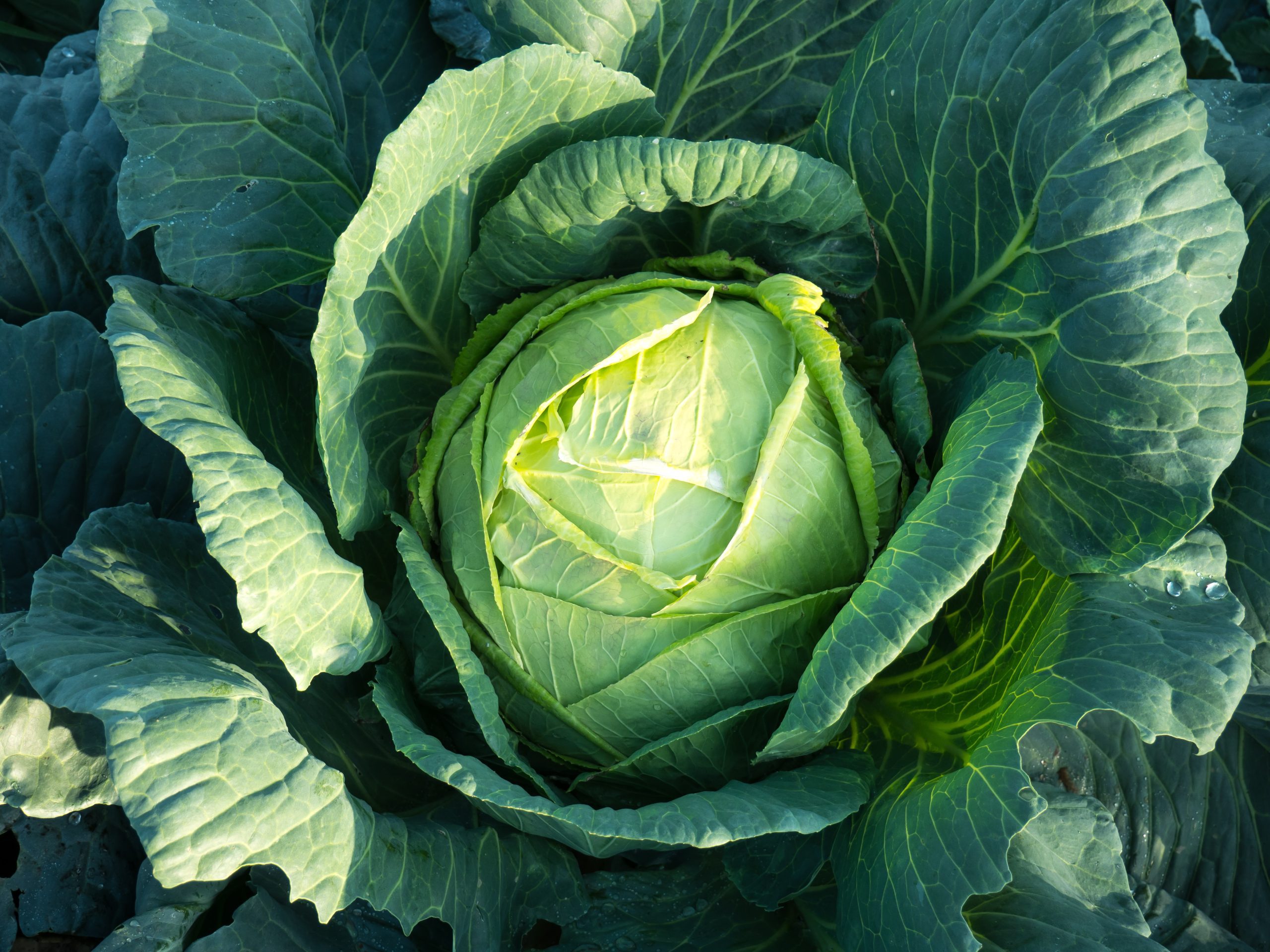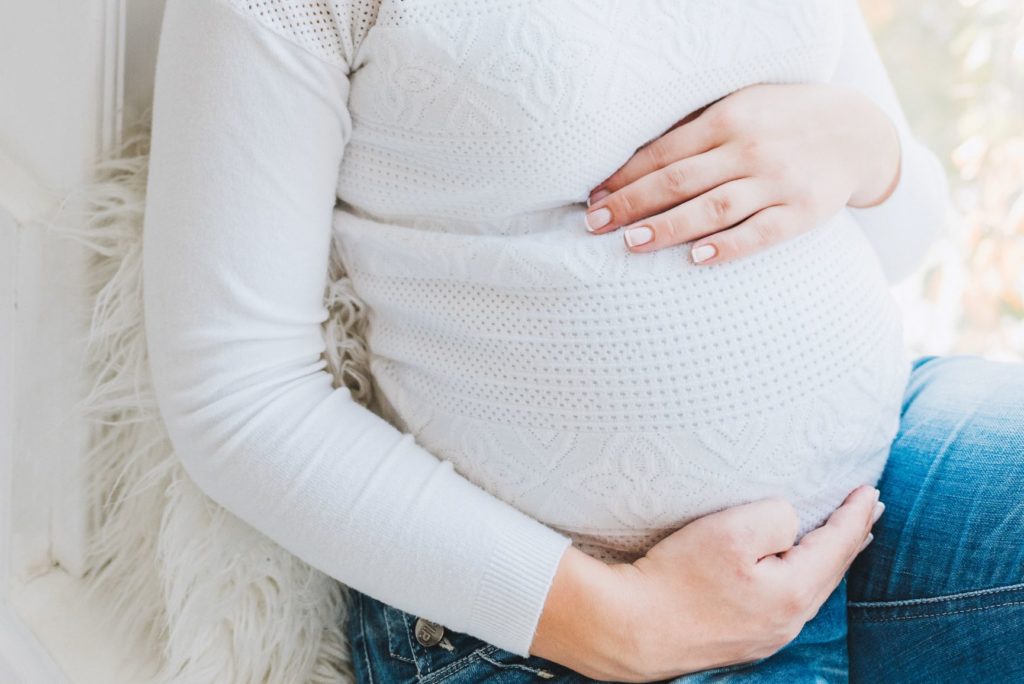
Welcome to Week 30 of your extraordinary pregnancy journey! As you stand on the cusp of the final trimester, let’s explore the latest developments, offer insights to enhance your well-being, and ensure you remain well-informed and engaged. In this guide tailored for our UK moms-to-be, we’ll delve into the size of your blossoming baby, highlight specific symptoms, and provide essential tips for this crucial week.
Baby’s size and development at Week 30
At Week 30, your baby has reached the size of a large cabbage, measuring approximately 15.7 inches (39.9 cm) and weighing around 1.3 kg. This stage signifies a period of rapid brain development, with your little one’s neural connections becoming more intricate. The baby’s bones are hardening, and the body is accumulating more layers of fat, aiding in temperature regulation.
Symptoms you might experience during Week 30
- Insomnia: Discomfort, frequent bathroom trips, and hormonal changes may contribute to insomnia. Establishing a calming bedtime routine, maintaining a comfortable sleep environment, and engaging in relaxation techniques can improve sleep quality.
- Braxton Hicks contractions: These practice contractions may become more noticeable. Staying hydrated, changing positions, and practising relaxation techniques can alleviate the discomfort associated with Braxton Hicks contractions.
- Mood swings: Due to changes in your body, hormonal fluctuations and lack of sleep, you might start developing mood swings.
Tips to make your life easier at 30 weeks pregnant
- Regular gentle exercise: Continue engaging in regular, gentle exercises such as walking or swimming. These activities promote overall well-being, maintain flexibility, and alleviate some common pregnancy discomforts.
- Pelvic floor exercises: Prioritize pelvic floor exercises to support the uterus, bladder, and bowel. Strong pelvic floor muscles can contribute to a healthier pregnancy and may ease the birthing process.
- Plan relaxation time: As you approach the final trimester, prioritize moments of relaxation. Whether it’s reading a book, taking a warm bath, or practising mindfulness, carving out time for self-care contributes to emotional well-being.
- Prepare for postpartum: Start thinking about postpartum care, including arrangements for support, meal planning, and creating a comfortable space for recovery. Preparing in advance can help ease the transition into the postpartum period.
Looking ahead
As you embrace Week 30, relish in the countdown to meeting your little one while prioritizing your well-being. Your baby’s development is reaching new heights, and you’re actively preparing for the approaching weeks. Stay engaged with your changing body, nurture your well-being, and anticipate the upcoming stages filled with more exciting developments and cherished moments in your pregnancy journey.



